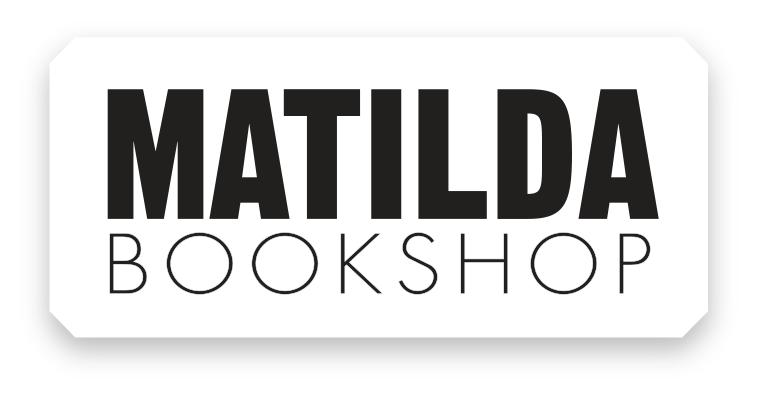
AUTHORS
Patrick DeWitt Q&A
Patrick deWitt is the author of The Sisters Brothers, which won the Governor General’s Award and was shortlisted for the Man Booker Prize and the Walter Scott Prize. He also is the author of Ablutions, which was a New York Times Editor's Choice, and Undermajordomo Minor. French Exit, his third book, was shortlisted for the Scotiabank Giller Prize. Born in British Columbia, Canada, deWitt now resides in Portland, Oregon.
1. Why do you tell stories?
It’s that I loved to read them in my youth, and then one day I wished to write them, and no other form of success arrived to lure me away from my grisly apprenticeship. To write stories as a way of life seemed and seems a sneaky way to avoid growing up, but also, and the truer truth is, I prefer to live in unreality.
2. Describe your novel, The Librarianist, in one (or two) sentence(s).
No!
3. Bob Comet is told by his mentor, that librarianism is a dying profession like metal-smithing, do you think we’re at risk of losing the language-based life of the mind?
My feeling is that when all the elements of the novel come together – not just the text but the cover design and paper quality, etc. – it’s an unimprovable medium. But that’s according to yesterday’s attention span. Books will surely always exist, only they’ll become ever more niche, the authors and readers in league with the stubborn freaks who persist in working with looms and butter churns.
4. In your last four novels, central characters have embarked on transformative journeys. Is this simply that it's always entertaining to write and read about people in extremis, or does it reflect a deeper need for you to be seeking new horizons as an author? (Struggled with this one, sorry. Let’s plug in the bonus question here, maybe?)
5. In your Writers Week session, Patrick, you mentioned that each (of your) book(s) is its own universe, with its own particular set of rules you must abide by when composing. What was the governing principle of The Librarianist?
It’s more sensible than the preceding books, I think. It’s a slow-moving world, quiet, with lots of room/airiness. In brief, I was more interested in what to leave out than what to put in with this one.
6. You also mentioned in that same session that as you got older, you were drawn as a reader toward increasingly sparser writing in novels, with a minimum of characters. Why do you think this is?
It’s a common transition, I’d imagine. I think it’s the rarer reader or artist who becomes a maximalist in their dotage. The more typical experience is to eschew unnecessary adornment, to engage only with the parts that stand out as requisite.
7. How important is revitalising form each time you write (you have written a western, a gothic fairytale, a comedy of manners, etc)? Do you care about genre, or do you simply want to surprise yourself?
I don’t care, to be honest. Also I feel the books are not so different as they’re often made out to be. It’s more or less just a change of set dressing, isn’t it? A new backdrop gives me a pep-up at the outset, in the same way a new suit of clothes prepares one to face the inevitable agonies of the day.
8. When and where do you write?
In the morning, in my writing room, which doubles as my bedroom. Usually I also check in in the evening, bully the text around a bit. In the last few years I’ve noticed an inclination to generally lurk around my work station, hours of lurking, ready to dip in as the inclination takes hold. It’s more waiting than writing, but it gets me where I need to go so I won’t complain.
9. What are three things that sustain you as an author, or while you’re writing?
Low THC sativa, strong coffee, baths. Fourth crucial element: sugar.
10. Name three books that you couldn’t live without, or that were crucial to the writing of The Librarianist?
There are no books I couldn’t live without, to be honest! But the three I’d be sorriest to miss at this present moment would be My Prizes by Thomas Bernhard, The Old Boys by William Trevor, and Nest of Ninnies, by John Ashbery and James Schuyler.
Bonus question: Have you ever been approached to play Stephen Malkmus in a Pavement biopic?
No, but once at the market the checkout clerk was eyeing me knowingly, so that I thought he might’ve been familiar with my work. But then as he passed me my receipt he popped my balloon by asking, “Are you Pavement?”


